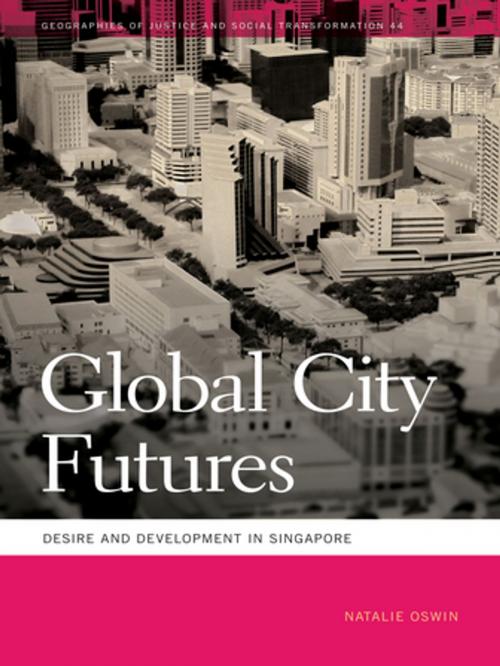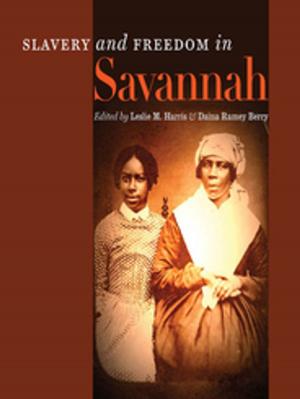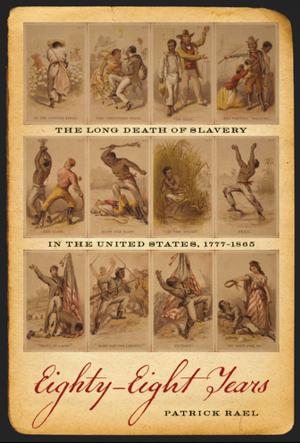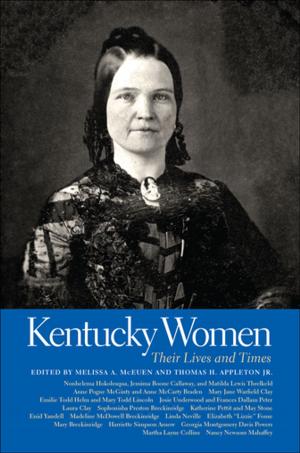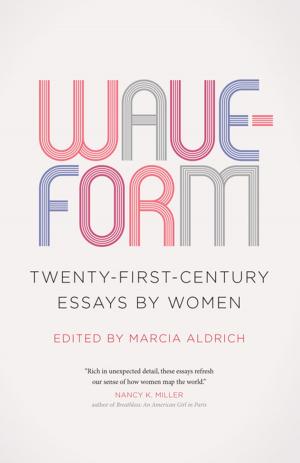Global City Futures
Desire and Development in Singapore
Nonfiction, Social & Cultural Studies, Social Science, Human Geography, Gender Studies, Gay Studies, Sociology, Urban| Author: | Natalie Oswin, Mathew Coleman, Associate Professor Sapana Doshi, Nik Heynen | ISBN: | 9780820355009 |
| Publisher: | University of Georgia Press | Publication: | April 15, 2019 |
| Imprint: | University of Georgia Press | Language: | English |
| Author: | Natalie Oswin, Mathew Coleman, Associate Professor Sapana Doshi, Nik Heynen |
| ISBN: | 9780820355009 |
| Publisher: | University of Georgia Press |
| Publication: | April 15, 2019 |
| Imprint: | University of Georgia Press |
| Language: | English |
Global City Futures offers a queer analysis of urban and national development in Singapore, the Southeast Asian city-state commonly cast as a leading “global city.” Much discourse on Singapore focuses on its extraordinary socioeconomic development and on the fact that many city and national governors around the world see it as a developmental model. But counternarratives complicate this success story, pointing out rising income inequalities, the lack of a social safety net, an unjust migrant labor regime, significant restrictions on civil liberties, and more.
With Global City Futures Natalie Oswin contributes to such critical perspectives by centering recent debates over the place of homosexuality in the city-state. She extends out from these debates to consider the ways in which the race, class, and gender biases that are already well critiqued in the literature on Singapore (and on other cities around the world) are tied in key ways to efforts to make the city-state into not just a heterosexual space that excludes “queer” subjects but a heteronormative one that “queers” many more than LGBT people. Oswin thus argues for the importance of taking the politics of sexuality and intimacy much more seriously within both Singapore studies and the wider field of urban studies.
Global City Futures offers a queer analysis of urban and national development in Singapore, the Southeast Asian city-state commonly cast as a leading “global city.” Much discourse on Singapore focuses on its extraordinary socioeconomic development and on the fact that many city and national governors around the world see it as a developmental model. But counternarratives complicate this success story, pointing out rising income inequalities, the lack of a social safety net, an unjust migrant labor regime, significant restrictions on civil liberties, and more.
With Global City Futures Natalie Oswin contributes to such critical perspectives by centering recent debates over the place of homosexuality in the city-state. She extends out from these debates to consider the ways in which the race, class, and gender biases that are already well critiqued in the literature on Singapore (and on other cities around the world) are tied in key ways to efforts to make the city-state into not just a heterosexual space that excludes “queer” subjects but a heteronormative one that “queers” many more than LGBT people. Oswin thus argues for the importance of taking the politics of sexuality and intimacy much more seriously within both Singapore studies and the wider field of urban studies.
